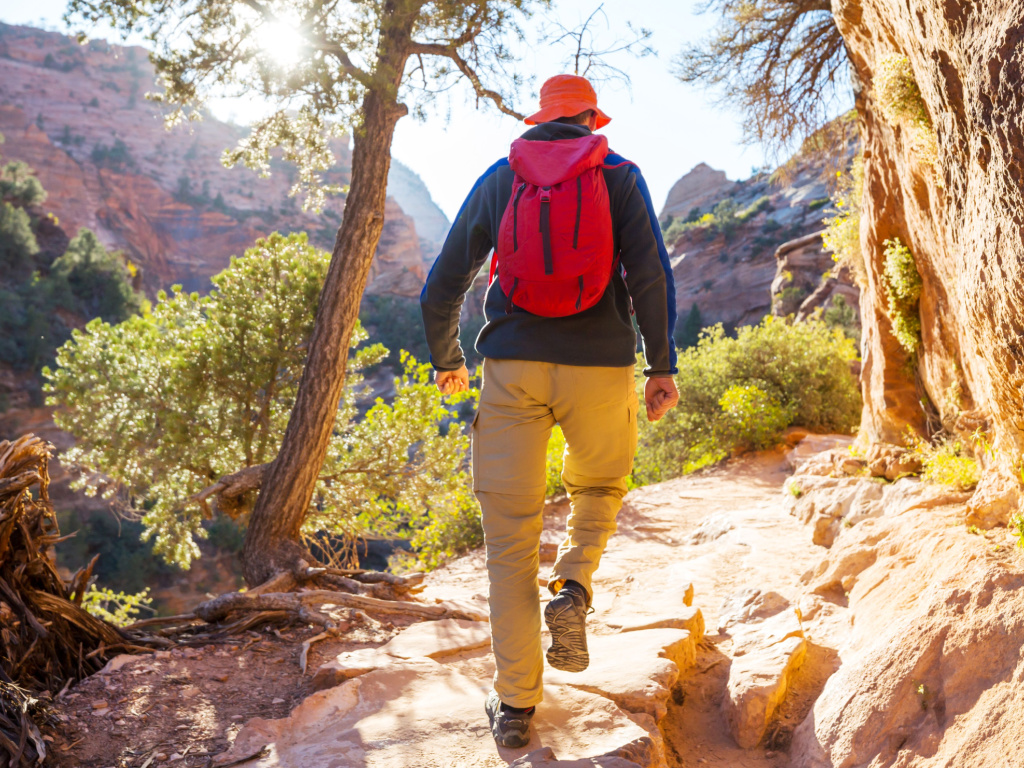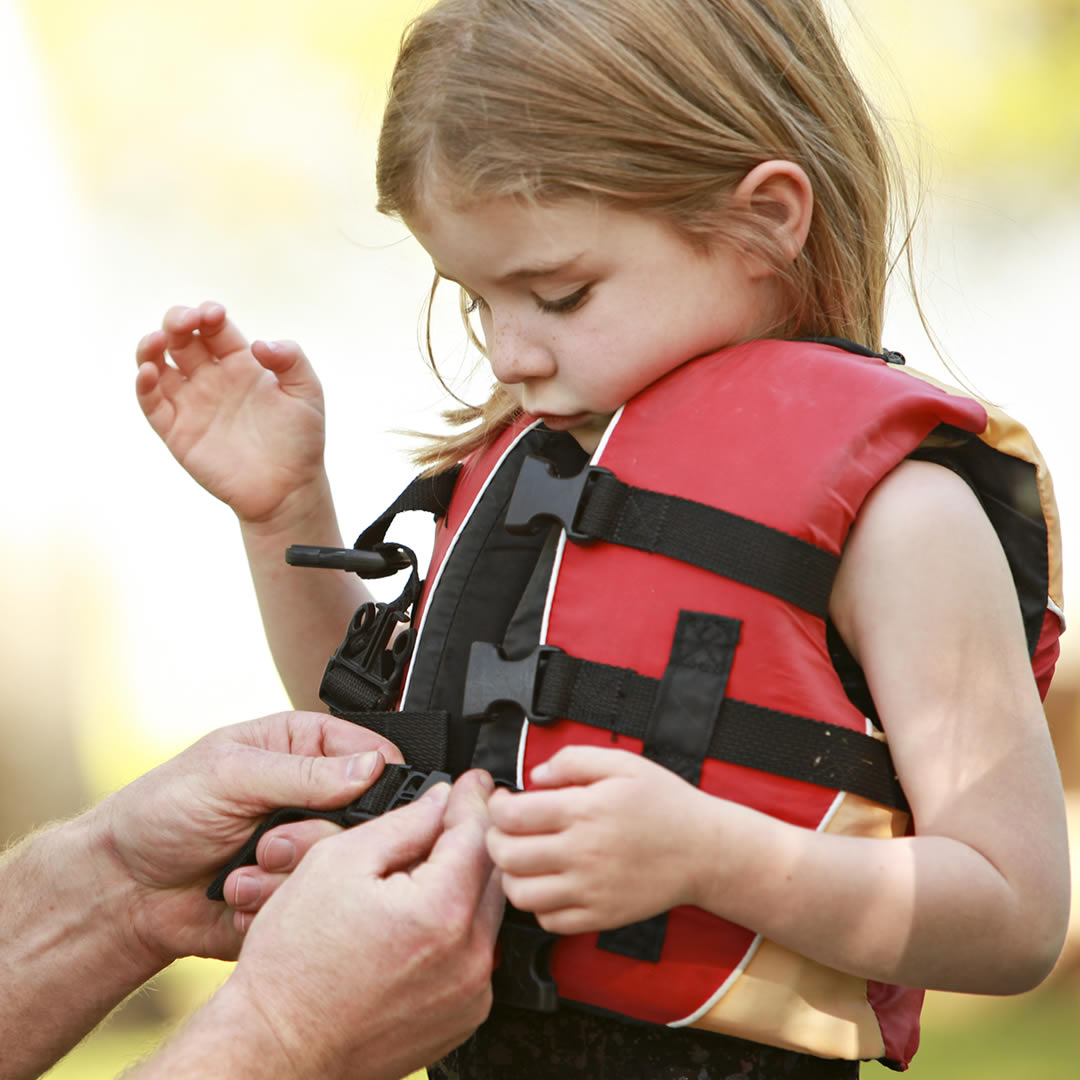Canyonlands Healthcare urges you to review these safety precautions to protect yourself and others.
Arizona offers wonderful opportunities to enjoy the outdoors, but even the most informed and careful enthusiasts can find themselves in changing elements: sun, wind, water and fire. Don’t let yourself get caught off guard by unexpected weather conditions. Take time to make a list of essentials and review them before heading out into the elements. Packing essentials for your excursion such as water, life jackets, hats, proper shoes, space blankets, flashlights, rain gear and sun screen can be life-saving in compromising conditions.
Lack of Cell Phone Service
Many remote recreational areas in Arizona have no cell phone coverage. Be prepared to deal with the unexpected without relying on the use of your cell phone to call for help.
In areas where you do have cell phone use, make sure your phone is charged and settings turned on to receive emergency alerts.

Safe Boating and Water Sports
If you are planning recreational boating, take a minute to protect yourself and others from drowning.
- Make sure all passengers put on a Coast Guard-approved life jacket, regardless of distance to be traveled, size of boat, or swimming ability of boaters.
- Do not replace a life jacket with air-filled or foam toys, such as water wings, noodles, or inner-tubes. These toys are not designed to keep swimmers safe.
- Check the weather doppler before you go. Watch the sky in the distance and get out of the water or to higher ground if you see approaching rain clouds. Watch for sudden weather changes: wind, choppy water, waves and flash floods.
- Don’t drink. Alcohol is involved in about a third of all recreational and boating fatalities.

Fireworks Accidents
- Never allow young children to play with or ignite fireworks.
- Always have an adult supervise fireworks activities.
- Make sure you, your kids, and others watch fireworks displays from a safe distance.
- Be mindful that fireworks can be traumatic for Veterans suffering from PTSD, as well as dogs, cats and animals in the wild.
- Fireworks can cause forest and brush fires.
Camping
- Never leave a campfire unattended. Before you leave, be sure you put out your campfire completely.
- Put on protective gear, such as helmets, sturdy shoes, and life jackets, depending on the activity.
- Prevent carbon monoxide poisoning. Never use fuel-burning equipment, such as gas stoves, heaters, lanterns, and charcoal grills, inside or near a tent, camper, or other enclosed shelter.
- Pack plenty of water, healthy snacks, adequate clothes, and a first-aid kit.
Overheating
Most heat-related deaths and illnesses are preventable. Despite this fact, more than 600 people in the United States are killed by extreme heat every year.
- Protect yourself from the sun and overheating. Put on sunscreen with at least SPF 15, and cover up with clothing, a wide-brimmed hat, and sunglasses.
- Try to limit your outdoor activity to when it’s coolest, like morning and evening hours. Rest often in shady areas so that your body has a chance to recover.
- Cut down on exercise during the heat. If you’re not accustomed to working or exercising in a hot environment, start slowly and pick up the pace gradually. If exertion in the heat makes your heart pound and leaves you gasping for breath, STOP all activity. Get into a cool area or into the shade, and rest, especially if you become lightheaded, confused, weak, or faint.
- Do Not Leave Children or pets in Cars. Cars can quickly heat up to dangerous temperatures, even with a window cracked open. While anyone left in a parked car is at risk, children are especially at risk of getting a heat stroke or dying. Provide plenty of fresh water for your pets, and leave the water in a shady area.






